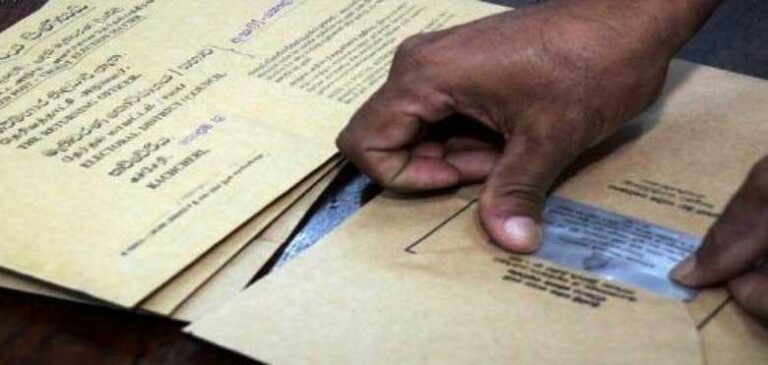By: Staff Writer
August 20, Colombo (LNW): The travel and tourism industry in Sri Lanka has urgently called on President Ranil Wickremesinghe to address ongoing issues with the prior-visa processing system, which they believe are critical to the national interest and the economy.
In a joint letter, several key industry bodies—including the Sri Lanka Association of Inbound Tour Operators (SLAITO), The Hotels Association (THASL), and others—highlighted the adverse effects of the current visa-on-arrival system, which is the only option available for tourists.
These organizations stress that travelers, especially groups, prefer obtaining visas online before their trip to reduce uncertainty and liability.
Due to delays in activating the Mobitel online visa platform, as mandated by the Supreme Court, many tour groups and individual travelers have canceled their trips to Sri Lanka. With the peak season approaching, the industry fears significant booking losses to other destinations that offer more streamlined and cost-effective visa processes.
The letter emphasizes that Sri Lanka’s tourism industry, still recovering from years of downturns, cannot afford another setback, particularly with high-season bookings at risk. The industry is concerned that the projected arrival numbers and revenue targets for the rest of 2024 will be unachievable if the situation persists.
The letter further explains that there are no technical barriers to activating the Mobitel ETA system. This has been confirmed by Mobitel, which has been ready to implement the Supreme Court’s order since early August 2024.
However, the necessary backend links required to make the system operational have not yet been activated by the Department of Immigration and Emigration. The industry has urged the President to instruct the Controller General to immediately activate these links.
The urgency of this request is underscored by the fact that tourist arrivals in the first 11 days of August reached 73,373, with a year-to-date total of 1.27 million. The industry insists that resolving this issue promptly is essential for sustaining and growing these numbers, which are vital to Sri Lanka’s economic recovery.
With competing destinations offering streamlined processes and zero cost, many potential Sri Lanka bookings are likely to be diverted due to the immigration delay,” the industry emphasised.
The industry said it understands that there’s no technical impediment whatsoever for the Mobitel ETA system to be activated with immediate effect. This fact has been confirmed by Mobitel in a letter to the Department of Immigration and Emigration Controller General dated 7 August 2024 and 13 August 2024 stating its readiness to give effect to the interim order of the Supreme Court.
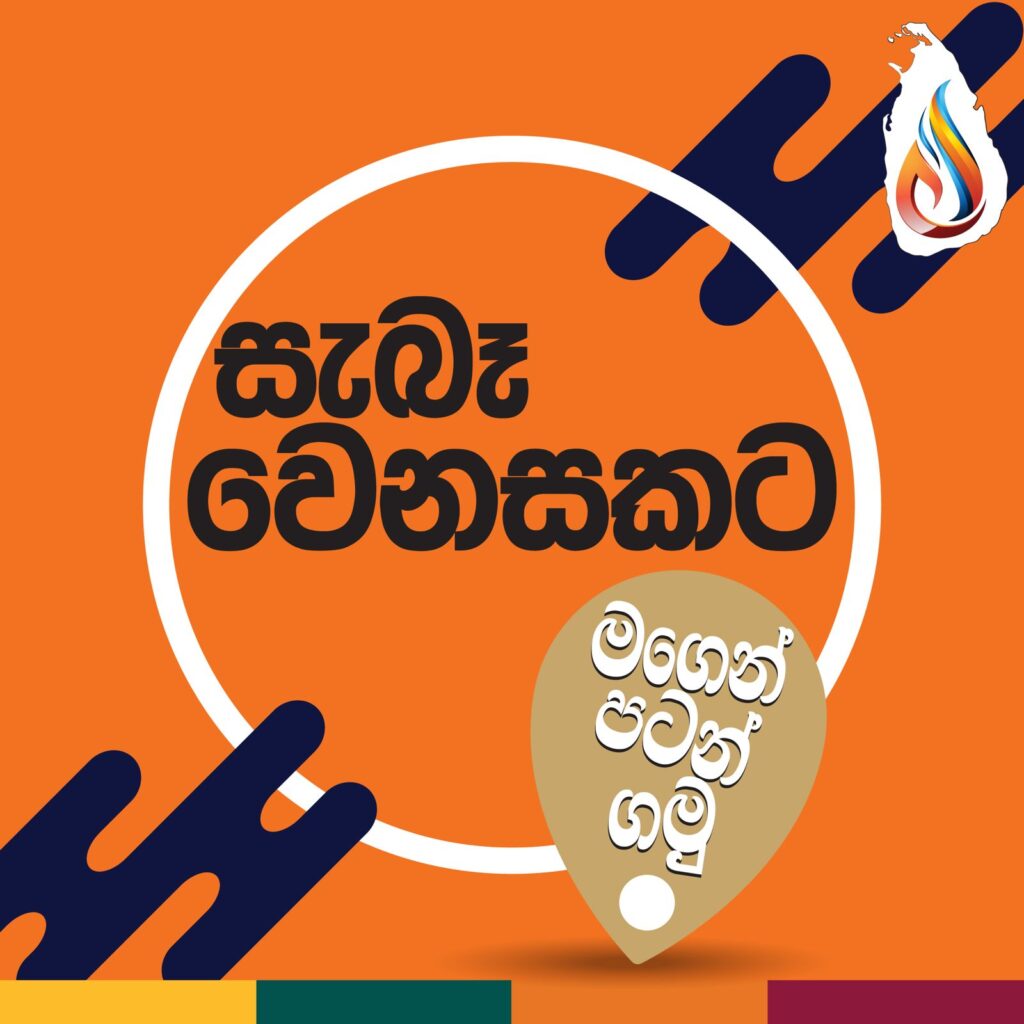


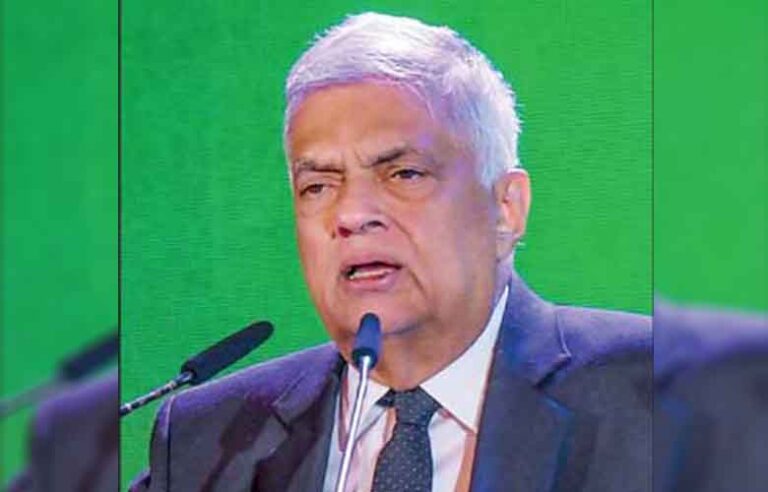
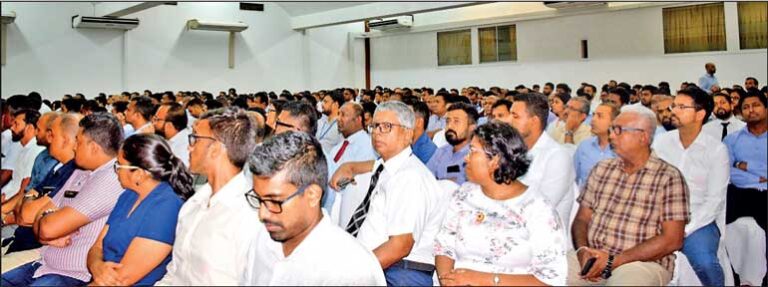
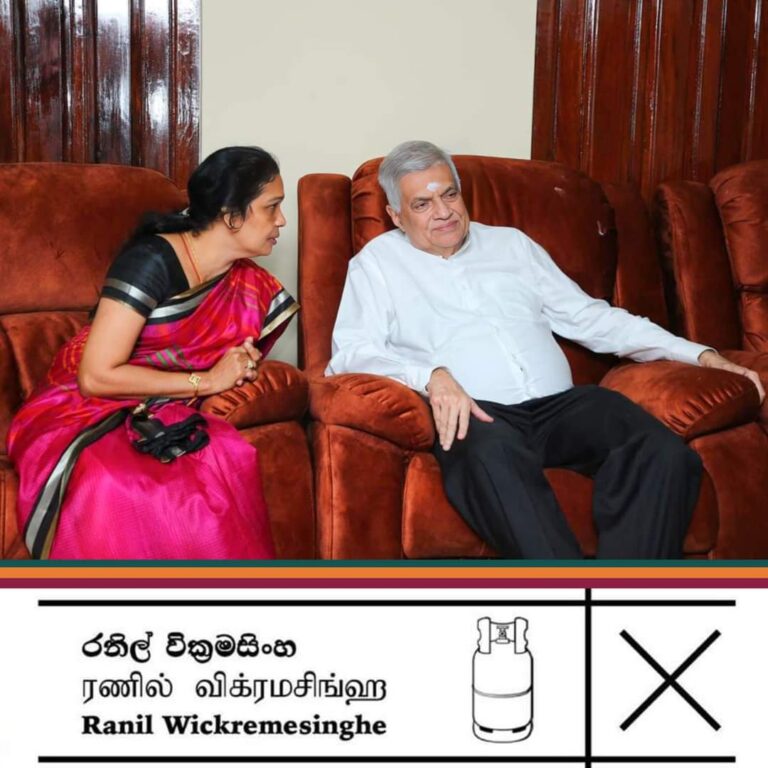
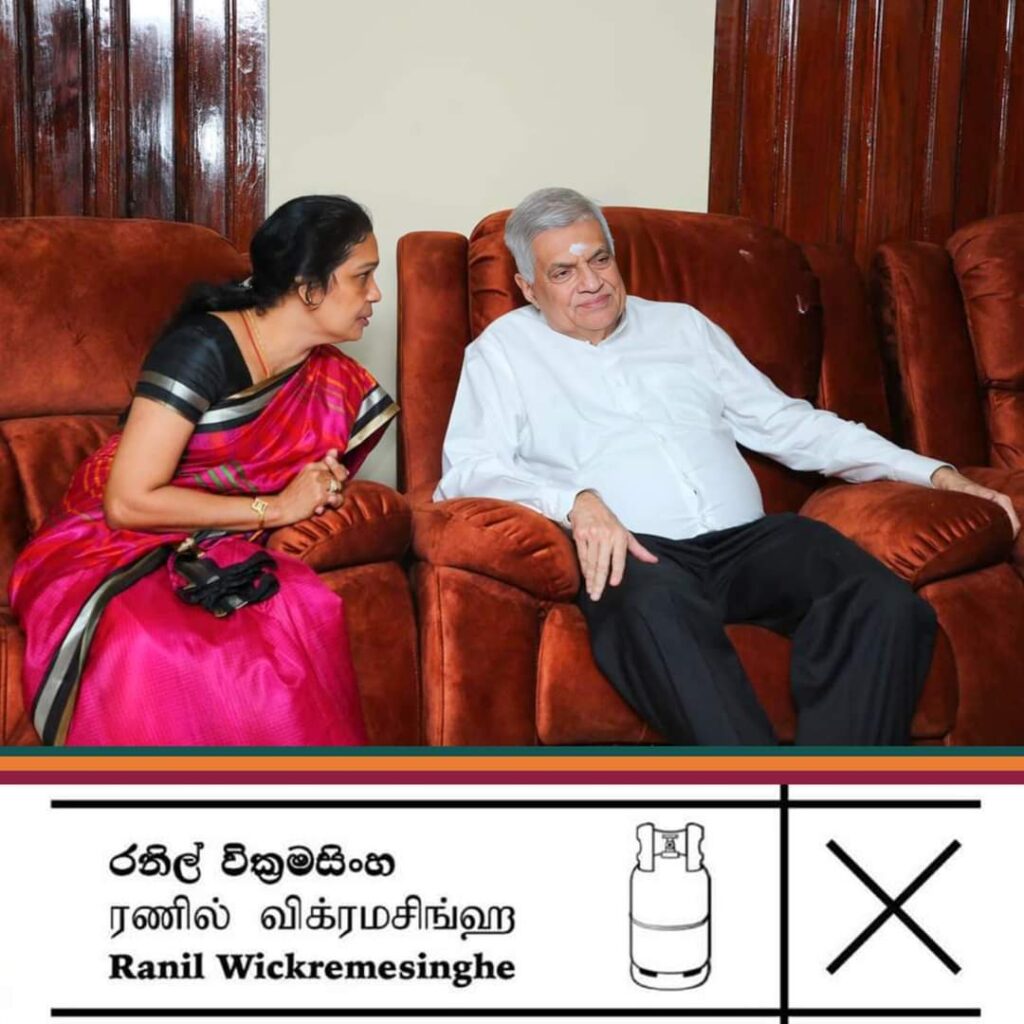

 BAT Group Head of Life Sciences
BAT Group Head of Life Sciences 




